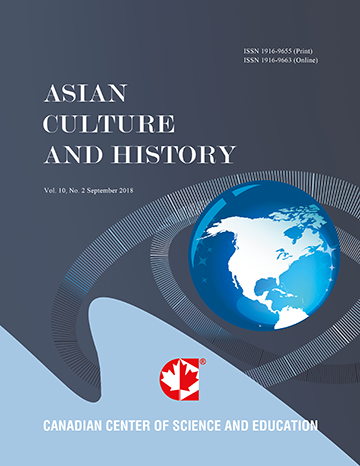Cyberculture: Impacts on Netizen
- Chai Lee Goi
Abstract
Macek (2004) highlighted a typology of current concepts of cyberculture. Four different concepts were identified, which are spans utopian, information, anthropological and epistemological concepts of cyberculture. Macek (2004) also highlighted four different periods of the cyberculture and its impacts on netizen. The very first foundations of cyberculture originate at the Massachusetts Institute of Technology (M.I.T.) at the turn of the 1950s and the 1960s. Early cyberculture reached its peak in the late 1970s and in the 1980s. Early cyberculture originates in the American hackers’ subcultures. The second period of cyberculture can be broadly set to the 1970s and the beginning of the 1980s. The beginning of the third period was characterised by a significant transformation at all the levels of early cyberculture, a shift that was related to the accelerated spread of microcomputers and to the development of public computer networks. This fourth period begins at the end of the 1980s and ends in about the middle of the 1990s.- Full Text:
 PDF
PDF
- DOI:10.5539/ach.v1n2p140
Journal Metrics
Google-based Impact Factor (2017): 5.42
h-index (January 2018): 11
i10-index (January 2018): 21
h5-index (January 2018): 6
h5-median (January 2018): 9
Index
- Academic Journals Database
- CNKI Scholar
- COPAC
- EconPapers
- Elektronische Zeitschriftenbibliothek (EZB)
- Excellence in Research for Australia (ERA)
- Genamics JournalSeek
- Google Scholar
- Infotrieve
- LOCKSS
- MIAR
- NewJour
- Open J-Gate
- PKP Open Archives Harvester
- Publons
- RePEc
- Scilit
- SHERPA/RoMEO
- Standard Periodical Directory
- Technische Informationsbibliothek (TIB)
- The Keepers Registry
- Universe Digital Library
- WorldCat
Contact
- Ivan YongEditorial Assistant
- ach@ccsenet.org
